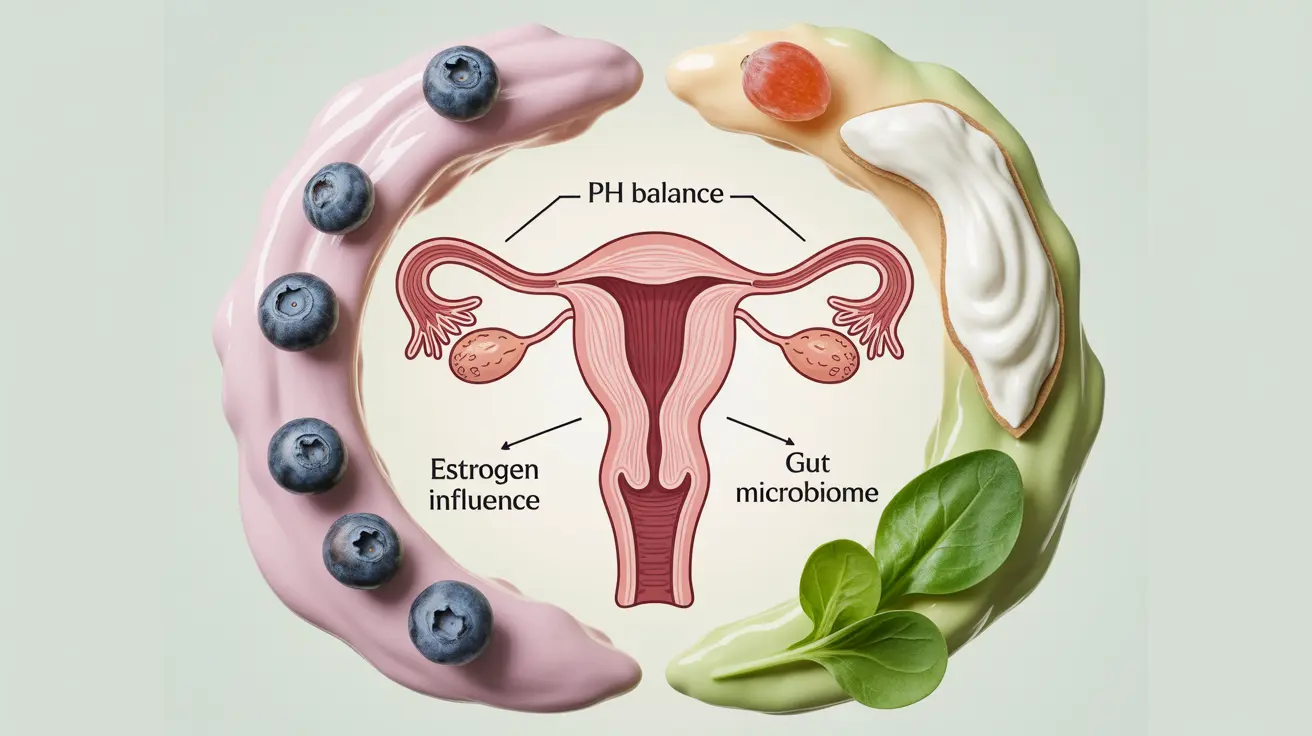Experiencing recurring yeast infections can be both frustrating and concerning. If you find yourself asking "why do I keep getting yeast infections every month," you're not alone. This persistent health issue affects many individuals and can significantly impact quality of life. Understanding the underlying causes and effective management strategies is crucial for breaking the cycle of recurring infections.
In this comprehensive guide, we'll explore the various factors that contribute to monthly yeast infections, discuss effective treatment approaches, and provide practical prevention strategies to help you maintain optimal vaginal health.
Common Causes of Monthly Yeast Infections
Several factors can contribute to the frequent occurrence of yeast infections:
Hormonal Fluctuations
Natural hormonal changes during your menstrual cycle can create an environment that promotes yeast overgrowth. Estrogen levels can affect the vaginal pH balance, making it more susceptible to infections at certain times of the month.
Lifestyle Factors
Daily habits and choices can significantly impact your susceptibility to yeast infections. These include:
- Wearing tight, non-breathable clothing
- Using scented feminine hygiene products
- Extended use of wet swimwear
- Poor intimate hygiene practices
- High-sugar diet
Medical Conditions and Medications
Certain underlying conditions and medications can increase your risk of recurring infections:
- Diabetes
- Compromised immune system
- Antibiotics use
- Hormonal contraceptives
- Immunosuppressive drugs
Effective Management Strategies
Medical Treatment Options
Professional medical intervention often includes:
- Prescription antifungal medications
- Extended preventive therapy
- Specialized treatment plans for recurring infections
- Regular monitoring and follow-up care
Lifestyle Modifications
Implementing these changes can help prevent future infections:
- Wearing cotton underwear
- Avoiding prolonged moisture exposure
- Maintaining proper intimate hygiene
- Following a balanced, low-sugar diet
- Managing stress levels effectively
The Role of Diet and Gut Health
Your dietary choices can significantly influence yeast infection frequency. Consider incorporating:
- Probiotic-rich foods
- Fresh vegetables and fruits
- Lean proteins
- Foods with antifungal properties
- Adequate water intake
When to Seek Medical Attention
It's important to consult a healthcare provider if you experience:
- More than four yeast infections per year
- Symptoms that don't improve with over-the-counter treatment
- Unusual discharge or severe symptoms
- Concurrent health concerns
- Uncertainty about the diagnosis
Frequently Asked Questions
- What are some common causes of recurring yeast infections every month?
Recurring monthly yeast infections are often caused by hormonal fluctuations, compromised immune function, certain medications (especially antibiotics), diabetes, and lifestyle factors such as tight clothing or high-sugar diets.
- How can I manage and treat chronic yeast infections effectively?
Effective management includes a combination of medical treatment (such as prescribed antifungal medications), lifestyle modifications, proper hygiene practices, and dietary changes. Working with a healthcare provider to develop a personalized treatment plan is essential.
- Can hormonal changes or birth control contribute to getting yeast infections more frequently?
Yes, hormonal fluctuations during your menstrual cycle and hormonal contraceptives can affect vaginal pH levels and create conditions favorable for yeast overgrowth. Some people may need to consider alternative birth control methods if recurring infections persist.
- What lifestyle changes can help prevent vaginal yeast infections, and are there any specific foods that can help?
Key lifestyle changes include wearing breathable cotton underwear, avoiding prolonged moisture exposure, and maintaining proper hygiene. Beneficial foods include probiotic-rich items, low-sugar foods, and those with natural antifungal properties like garlic and coconut oil.
- How do I know if my yeast infection is a sign of an underlying health issue, like diabetes or a weakened immune system?
If you experience frequent infections (more than four per year), have difficulty managing blood sugar, notice other unusual symptoms, or find that traditional treatments aren't effective, these could be signs of an underlying condition requiring medical evaluation.




